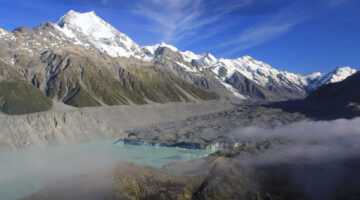Smart Cities Dive cites UMaine leadership in mass timber research
Smart Cities Dive listed the University of Maine as one of 10 universities to receive a combined $1 million in grants for mass timber projects. Mass timber is lauded for its ability to help cities reduce carbon footprints. The structures can last up to 100 years and sequester carbon from the atmosphere, according to the […]
Read more




